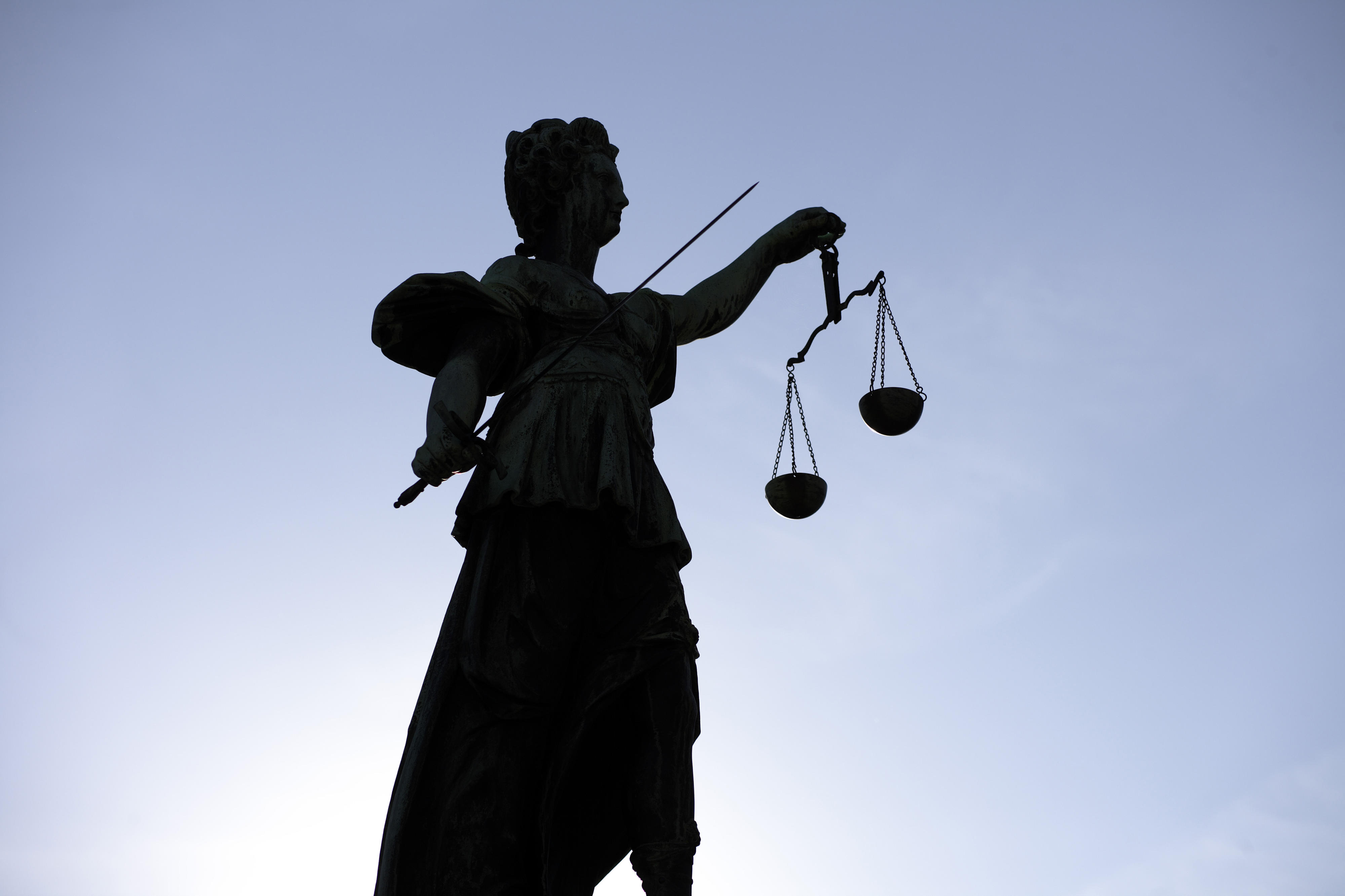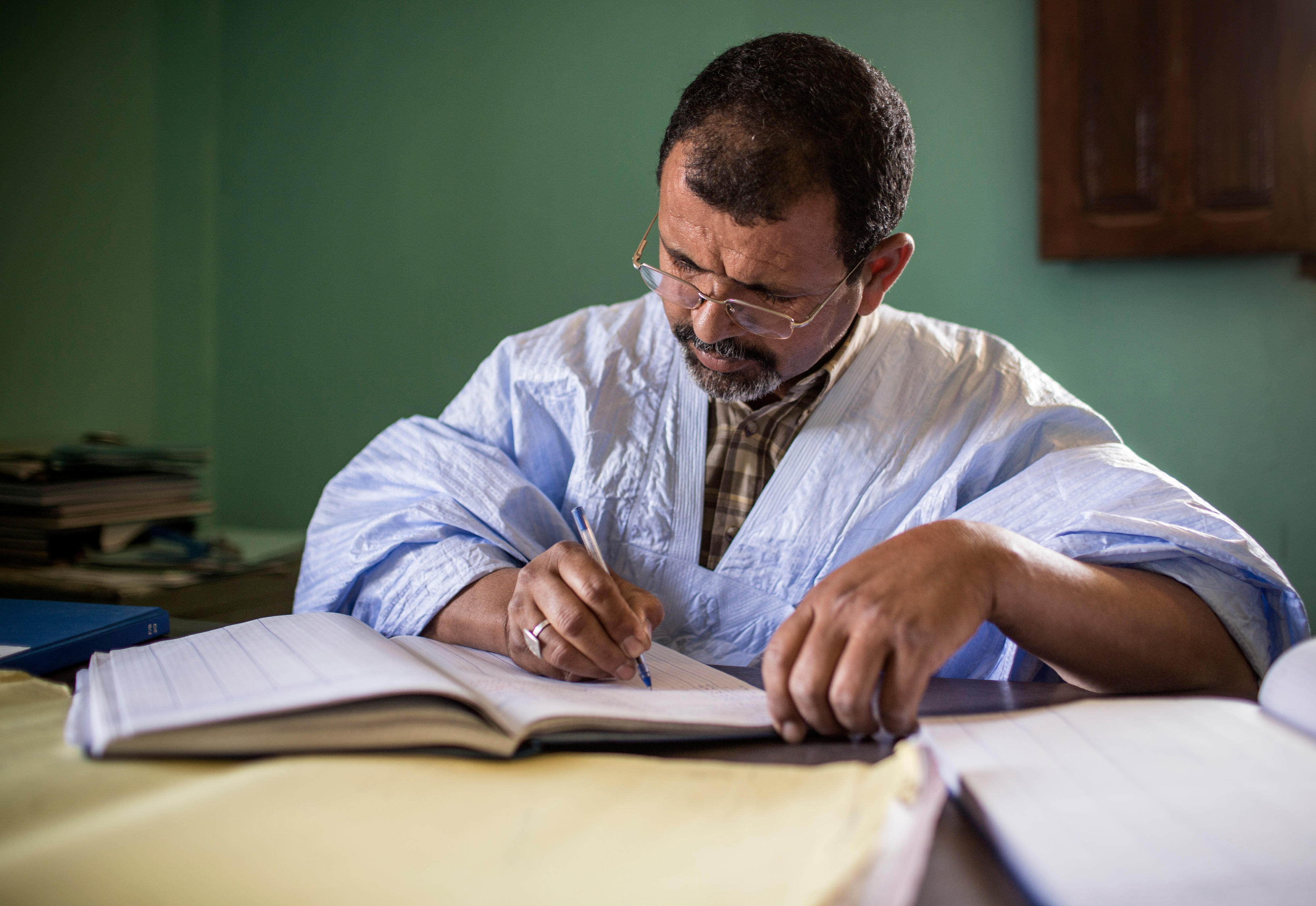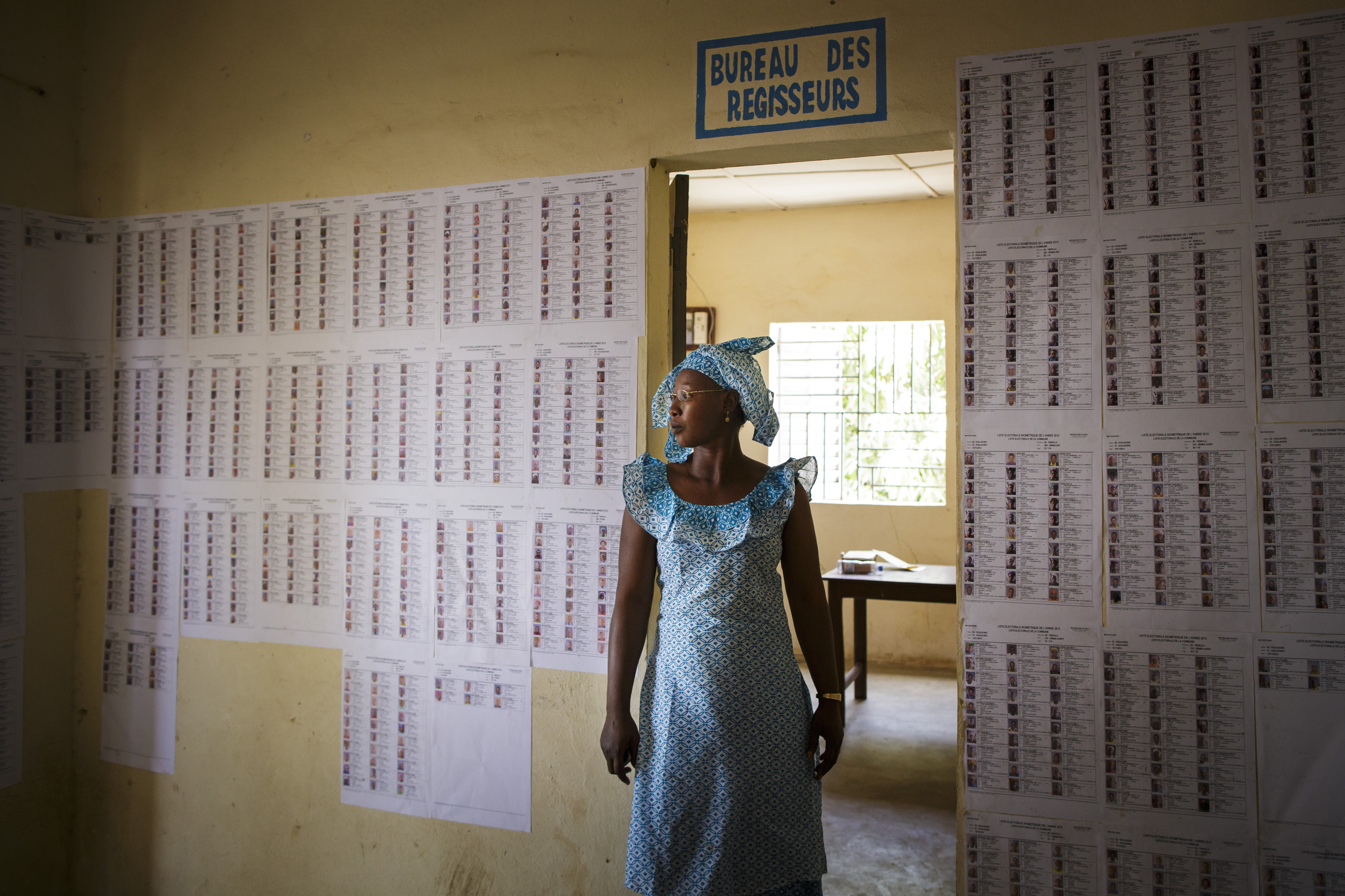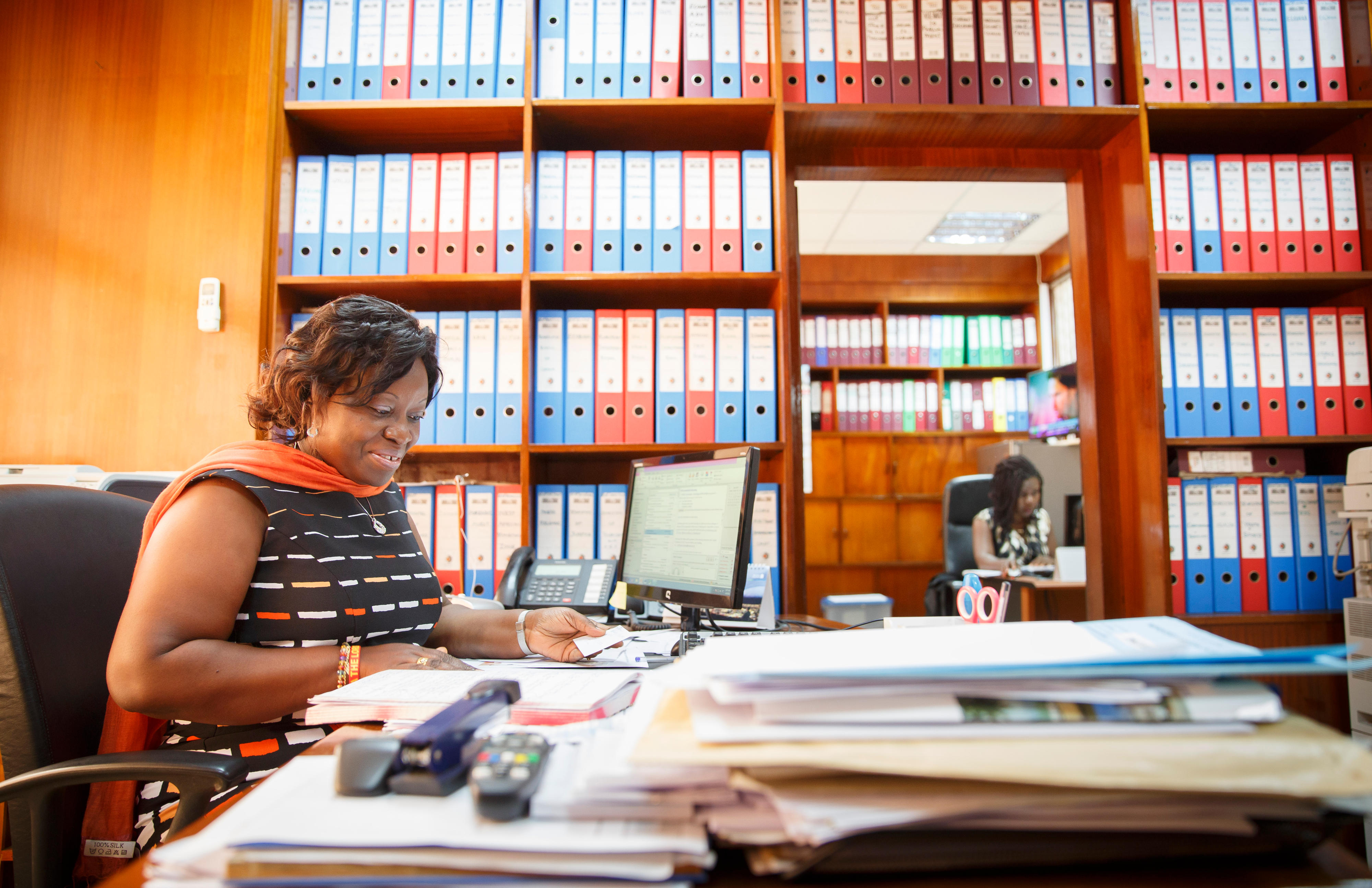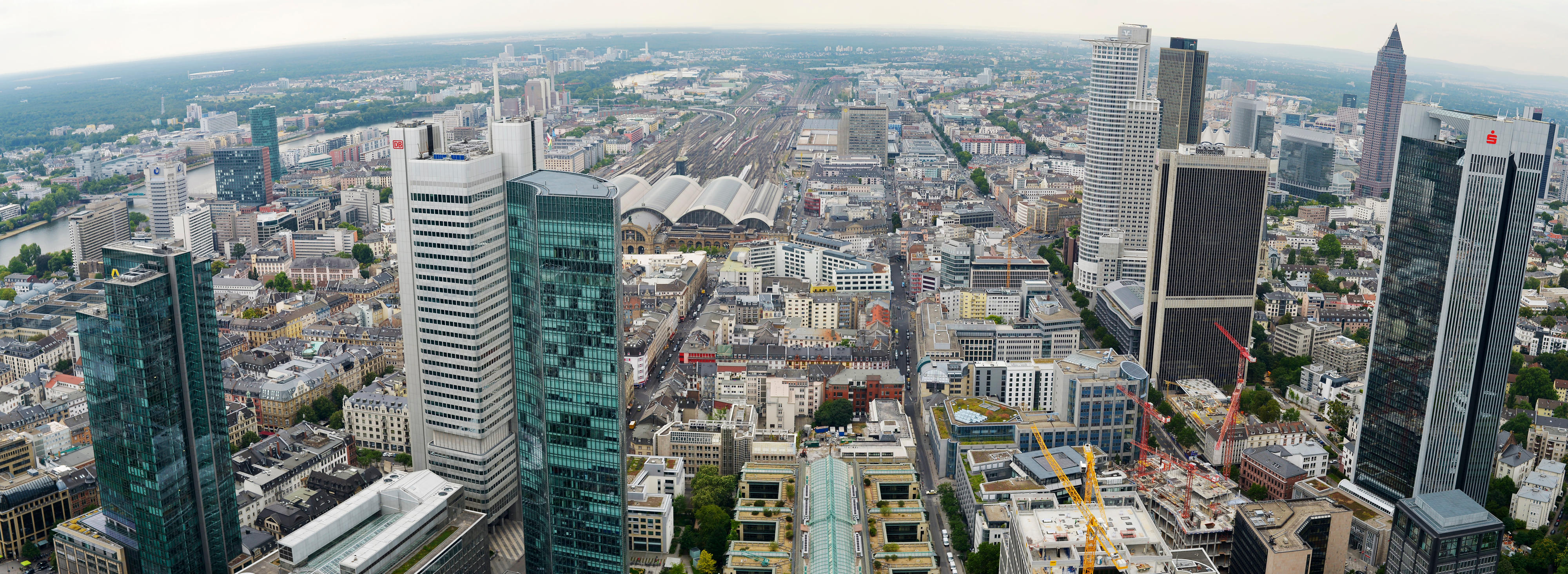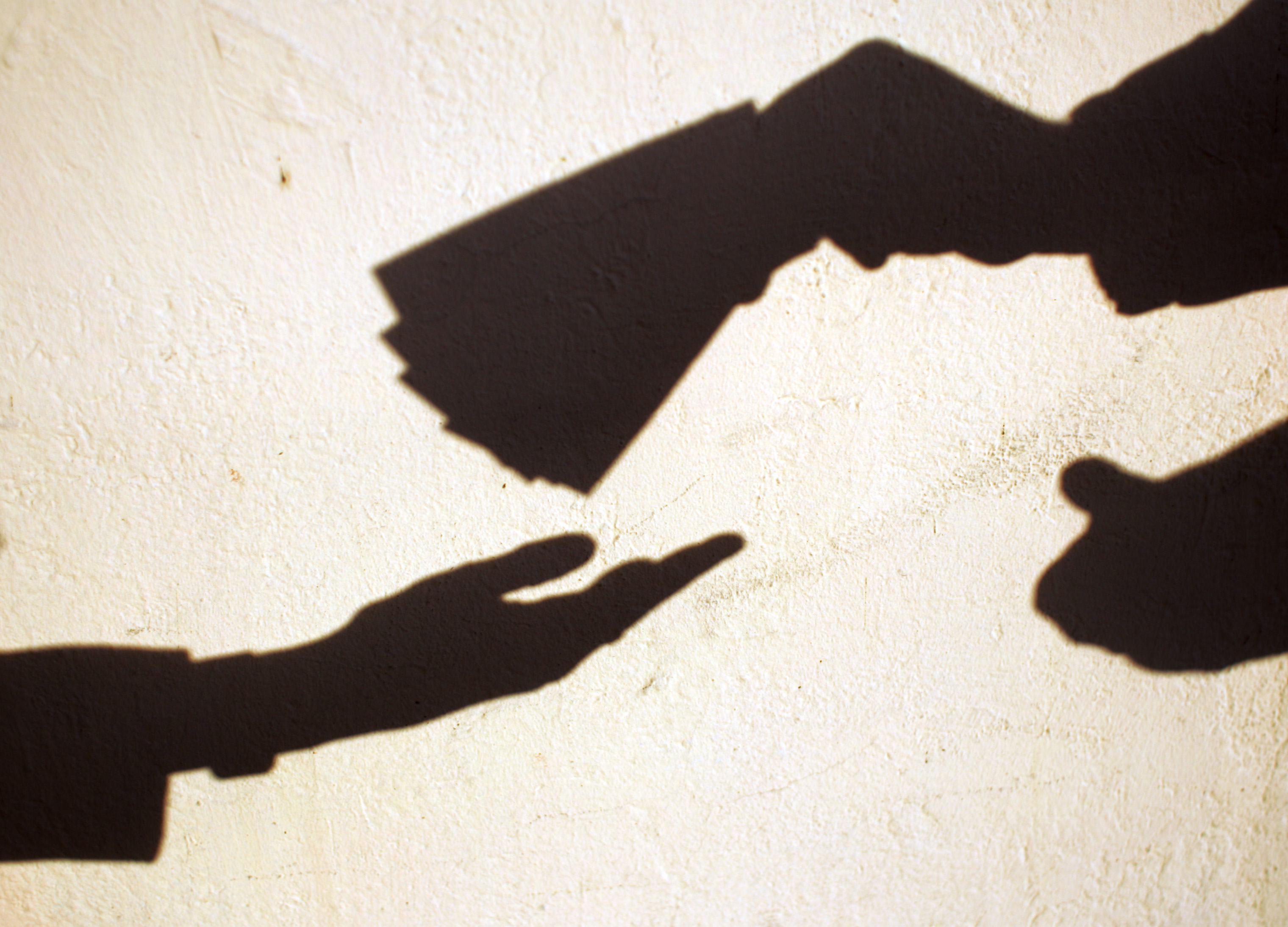Statue of Justitia, Roman goddess of justice, in Frankfurt
Copyright© Thomas Imo/photothek.net
Protecting citizens from arbitrary government action Rule of law
One key characteristic of the rule of law is the separation of powers, especially an independent judiciary. It must be possible for all government decisions to be reviewed by independent courts, and all citizens must have recourse to justice to assert their rights.
Legal certainty is also an element of the rule of law. This means that it must be possible for all people to predict what the legal consequences of their actions will be.
Court proceedings must be fair and criminal offences must be prosecuted. Legal certainty is also very important for the private sector and the national economy, because investors must be able to count on governments to take their decisions in a transparent, reliable and predictable manner and not arbitrarily change or revoke these decisions.
Focus on people
Worldwide, over five billion people have inadequate access to justice. As a result, many people are unable to resolve any legal issues that they may have, for example, with their employer, family or government. This has a huge impact on their day-to-day lives.
In its efforts to foster the rule of law in other countries, Germany pursues an approach of people-centred justice, focusing on people and their legal needs. Prevention, the reduction of legal barriers, access to information, and various forms of dispute settlement can all help to close the global justice gap. Solutions can be tailored to people's needs, and services can be designed in such a way that people are able to resolve their legal issues.
Germany's efforts in this field do not focus exclusively on the formal legal system. They also include support for innovative approaches and informal justice mechanisms such as customary law. Such support involves finding ways to recognise norms outside the formal legal system and to incorporate, for instance, traditional approaches to conflict resolution into official legislation. However, where traditional rules violate human rights (for example, because they lead to discrimination), change processes need to be initiated.
German activities
The BMZ believes that the rule of law, democracy, the welfare state and human rights are all interdependent. However, there is no one-size-fits-all strategy for establishing structures based on the rule of law, as every country has its own particular history and constitutional traditions. It would not do simply to transplant the German legal system to other countries. Germany's cooperation with developing countries and emerging economies always involves an analysis of existing structures and the development of tailor-made solutions and support measures.
Objective: strengthening the role played by law
The German Development Ministry assists its partner countries in establishing and consolidating the rule of law. It works both with governments and with civil society. The objective of these efforts is to strengthen the role played by law, ensuring that it will protect the individual and guide the way people live together as a society.
The BMZ is also active in the multilateral sphere. In international organisations such as the United Nations and the World Bank, it works towards the implementation of global measures and knowledge-sharing on strategies to promote the rule of law. Germany is a founding member of the Justice Action Coalition (External link) (JAC), which seeks to realise access to justice in line with Goal 16 of the 2030 Agenda. Germany is also part of efforts within the European Union. As a supporter of the Team Europe Democracy Initiative (External link), it helps to create synergies and firmly establish a people-centred approach in all programmes to foster the rule of law.
Special challenges
Promoting the rule of law is particularly difficult in countries that have recently seen war or other violent conflict. Often, people's faith in the state's ability to provide security and order has eroded, as they may have suffered violence at the hands of government security forces or they may have witnessed how one of the parties in the conflict has misused government institutions for its own purposes.
In such settings, justice must first be re-established if peace and reconciliation processes are to be successful. The institutions constitutive to the rule of law must be rebuilt from scratch, past crimes must be investigated and victims compensated.
As at: 06/08/2025
